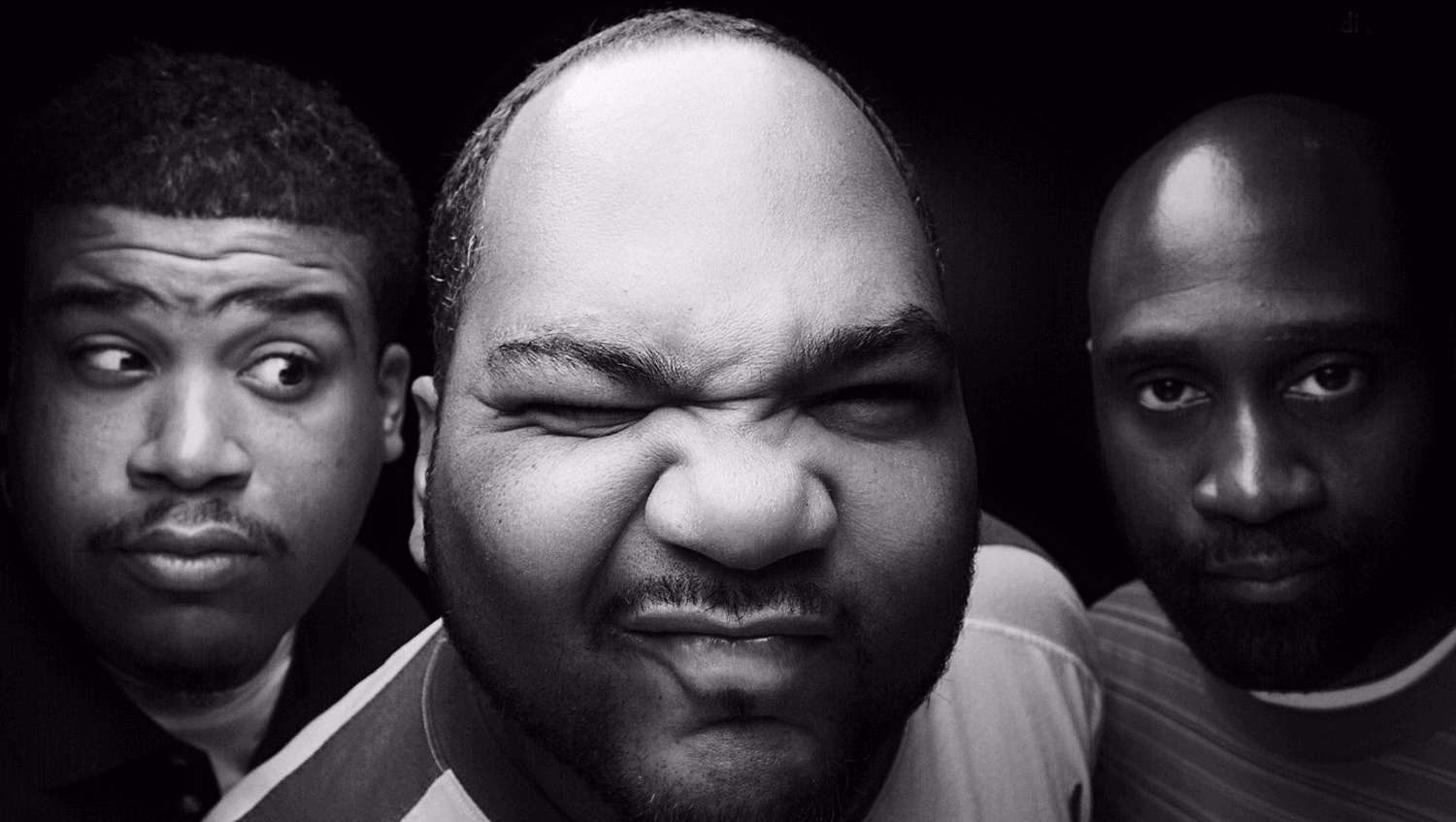
News
Board of Overseers Candidates Question Selection Process

News
Day 2 of Harvard Yard Encampment Faces Greater Threat of Disciplinary Action

News
Harvard Islamic Studies Program X Account Reinstated After University Intervenes

News
‘Appalling’: Keynote Speaker at Legacy of Slavery Symposium Calls for Faster Repatriation of Indigenous Remains
News
The State Legislature Is Considering an Endowment Tax. Experts Say It Could ‘Cripple’ Harvard
From the Soul, For the Soul: De La Soul is Finally Streaming

Digital streaming platforms like Spotify and Apple Music have radically altered the music industry. Any song you could ever want to hear, only two clicks away at all times! Unfortunately, this isn’t always true. Fans of American hip-hop group De La Soul – consisting of members Kelvin "Posdnuos" Mercer, David "Trugoy the Dove" Jolicoeur, and Vincent "Maseo" Mason — have been grieving their missing discography for years. Sample clearance and contracting issues made it impossible for anyone to digitally buy or stream the albums that inspired some of today’s biggest artists. To add insult to injury, last month's unexpected death of one of De La Soul’s founding members, Trugoy the Dove, left fans mourning with no way of revisiting his musical legacy. Bittersweetly, two weeks after Trugoy’s death and years after the start of this toilsome battle, De La Soul’s legendary catalog finally made it to streaming platforms on March 3.
Formed in 1988 in Long Island, New York, De La Soul rose to fame with the help of producer Prince Paul after releasing their debut album “3 Feet High and Rising” (1989). The album was an immediate success, showcasing the group’s witty, playful wordplay and colorful, eclectic style. De La Soul continued to release music, and their subsequent albums were met with critical acclaim. They were also a part of Native Tongues — a late ’80s/early ’90s hip-hop collective featuring members such as the Jungle Brothers, A Tribe Called Quest, Monie Love, and Queen Latifah — which unabashedly brought positive and good-natured Afrocentric lyrics to the mainstream. Although they were Grammy-nominated thrice on their own, De La Soul’s only Grammy win was earned for the Best Pop Vocal Collaboration in 2005 after their collaboration with Gorillaz on their hit single “Feel Good Inc.”
De La Soul’s streaming issues date back to their conflict with Tom Silverman of Tommy Boy Records, which owns the rights to their music. In a 2019 interview, Trugoy the Dove explained that Silverman did not believe “3 Feet High and Rising” would do well and therefore, decided to clear the album’s samples for only physical media releases and not digital ones. In 2014, the group, out of frustration, released their entire discography on their website, allowing fans to download it for free for one day. “We've been blessed to be in the Library of Congress, but we can't even have our music on iTunes,” the group told Rolling Stone at the time.
Another negotiation to put the group’s music on streaming platforms was attempted in 2019, but the contract left De La Soul with only 10% of streaming revenue. The public was outraged that the group would be inadequately compensated, resulting in Tommy Boy abandoning their plan. Fortunately, the issue was finally resolved when Reservoir Media acquired Tommy Boy in 2021 and worked with the trio over the past two years to reach an agreement which satisfied all parties.
This may seem like the happy ending fans wanted, but it is important to consider the impact that these messy business negotiations had on De La Soul’s musical legacy. So much of what people listen to today is directly linked to what is available on digital streaming platforms. No matter how much incredible music you make, does it really matter if no one can hear it? Despite their undeniably profound impact on hip-hop history, the absence of De La Soul’s discography on streaming platforms effectively minimized their relevance in conversation today.
All of this comes, of course, only weeks after the tragic passing of Trugoy the Dove, age 54. In a letter written to him after his death on Instagram, Maseo wrote, “On one end I’m happy you no longer have to suffer the pain of your condition, but on the other hand I’m extremely upset at the fact that you’re not here to celebrate and enjoy what we worked and fought so hard to achieve.”
With Trugoy’s passing, the Black community mourns the untimely death of yet another rapper. Over and over again, they have lost the people who vocalized so much of the pain, joy, and unity that runs through the heart of the community — be that to violence or natural causes. Hip-hop fans have run out of tears. Now, they turn to music to keep them going.
Luckily, the albums “3 Feet High and Rising” (1989), “De La Soul Is Dead” (1991), “Buhloone Mindstate” (1993), “Stakes Is High” (1996), “Art Official Intelligence: Mosaic Thump” (2000), and “AOI: Bionix” (2001) have been released from their musical limbo and can finally help fans everywhere groove, grieve, learn, and laugh.
—Staff writer Najya S. Gause can be reached at najya.gause@thecrimson.com.
Want to keep up with breaking news? Subscribe to our email newsletter.
